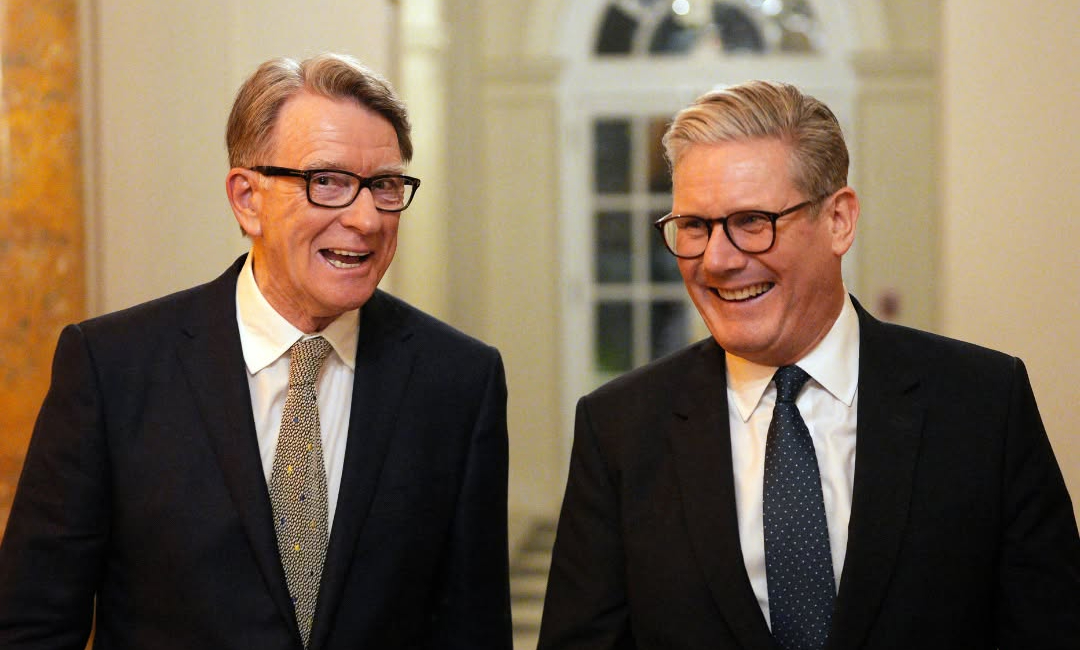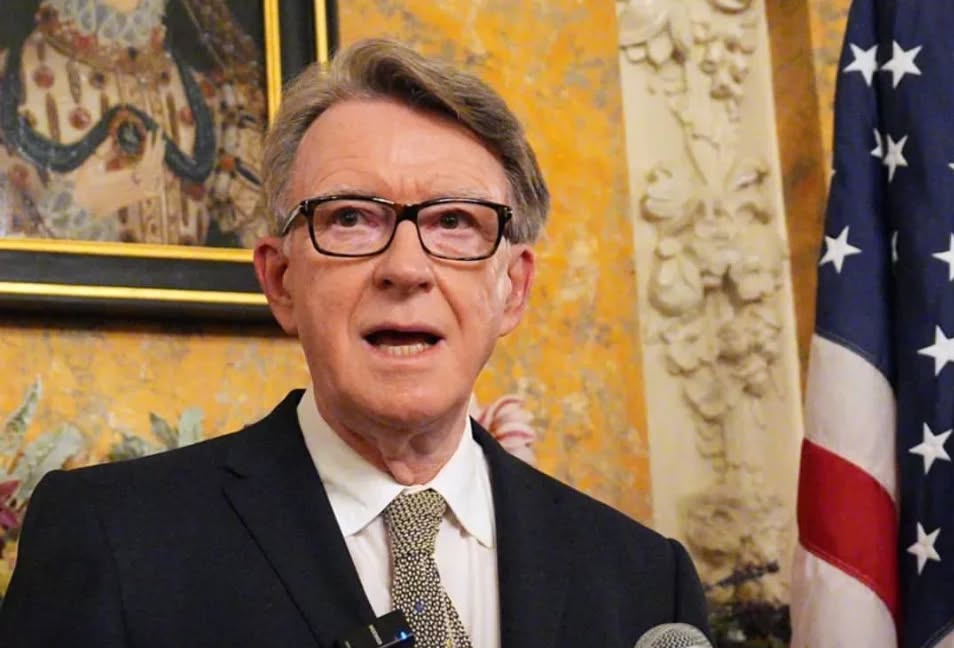Peter Mandelson: The Political Powerbroker Who Shaped New Labour and Fell to Scandal
Early Life and Intellectual Foundations
Born in London on October 21, 1953, Peter Benjamin Mandelson was raised in a household steeped in politics. His grandfather, Herbert Morrison, had been Deputy Prime Minister under Clement Attlee, embedding Labour politics into the family legacy. Mandelson was educated at Hendon County Grammar School and later studied Philosophy, Politics and Economics (PPE) at St Catherine’s College, Oxford.
Before entering politics, Mandelson worked as a producer at London Weekend Television, where he developed a mastery of media and messaging—skills that would later underpin his reputation as one of the UK’s most effective political strategists.
Architect of New Labour
Mandelson’s defining role came in the 1990s, as one of the chief architects of “New Labour.” Working alongside Tony Blair and Gordon Brown, Mandelson modernised the Labour Party’s image, broadening its appeal to middle-class voters without abandoning its working-class base.
His strategy combined media discipline, pro-business policies, and centrist messaging, transforming Labour into an electable powerhouse. When Blair swept to victory in 1997, Mandelson was credited as a key figure in crafting one of the most successful political rebrands in modern history.
It was this role that earned him the nickname “the Prince of Darkness”—a moniker reflecting both his political ruthlessness and his ability to wield influence from behind the scenes.
Related: What Mandelson’s Firing Reveals About Power and Accountability
Ministerial Career: Achievements and Setbacks
Mandelson’s ministerial positions demonstrated his versatility but also highlighted his vulnerability to scandal.
-
Trade and Industry Secretary (1998): Mandelson advanced pro-growth, innovation-driven policies, bridging the gap between Labour’s social commitments and global market realities.
-
Northern Ireland Secretary (1999–2001): He played a pivotal role in implementing the Good Friday Agreement, navigating one of the most delicate political landscapes in Europe.
Yet, Mandelson’s Cabinet career was repeatedly disrupted. Twice he was forced to resign—first over a controversial loan in 1998, and again in 2001 following allegations surrounding a passport application. Though cleared of wrongdoing, these incidents reinforced his reputation as a brilliant strategist undermined by personal controversies.

Peter Mandelson and Keir Starmer
Global Influence: European Commissioner for Trade
Mandelson’s move to Brussels in 2004 marked the next chapter of his career. As European Commissioner for Trade, he represented the EU in negotiations with economic superpowers, including the United States and China. His work strengthened Europe’s position in the World Trade Organization (WTO) and positioned him as a global advocate for open markets.
For international business leaders, Mandelson’s tenure highlighted his ability to balance politics with economics, making him a trusted—if polarising—intermediary between governments and the private sector.
Business Secretary and the Financial Crisis
In 2008, Mandelson returned to UK politics as Business Secretary under Gordon Brown, just as the global financial crisis erupted. Tasked with stabilising the British economy, Mandelson championed bailouts and industrial support measures, arguing for government intervention to safeguard jobs and restore confidence.
Though Labour would lose power in 2010, Mandelson’s crisis management solidified his reputation as a political operator who understood business realities as well as party politics.
UK Ambassador to the United States
In late 2024, Prime Minister Keir Starmer appointed Mandelson as UK Ambassador to Washington. For many, the choice reflected a desire to send a heavyweight diplomat capable of navigating the complexities of a turbulent US political scene while reinforcing UK–US trade ties.
But Mandelson’s tenure was short-lived. In September 2025, revelations about his historic ties to Jeffrey Epstein led to his dismissal. While Mandelson denied any impropriety, the political fallout was immediate. His removal underscored how reputational risk now weighs as heavily as policy expertise in diplomatic appointments.
Reputation and Legacy
Peter Mandelson’s career is best described as a paradox:
-
Strategist: The mastermind who made Labour electable.
-
Diplomat: A negotiator trusted on the global stage.
-
Controversial Figure: A politician whose personal scandals repeatedly cut short his ambitions.
For business leaders, Mandelson’s career offers lessons in the power of messaging, the importance of global connections, and the enduring weight of reputation.
A Career Defined by Influence and Fragility
Peter Mandelson’s journey from media producer to political powerbroker and global diplomat reflects both his brilliance and his flaws. His achievements in reshaping Labour and guiding Britain through pivotal political and economic moments are undeniable. Yet his downfall in 2025 demonstrates a timeless truth of leadership: in the age of transparency, legacy is not built on influence alone—it depends on accountability.
Related: Nepal’s 5-Day Social Media Blackout: Did Gen Z Just Force a Government U-Turn?














